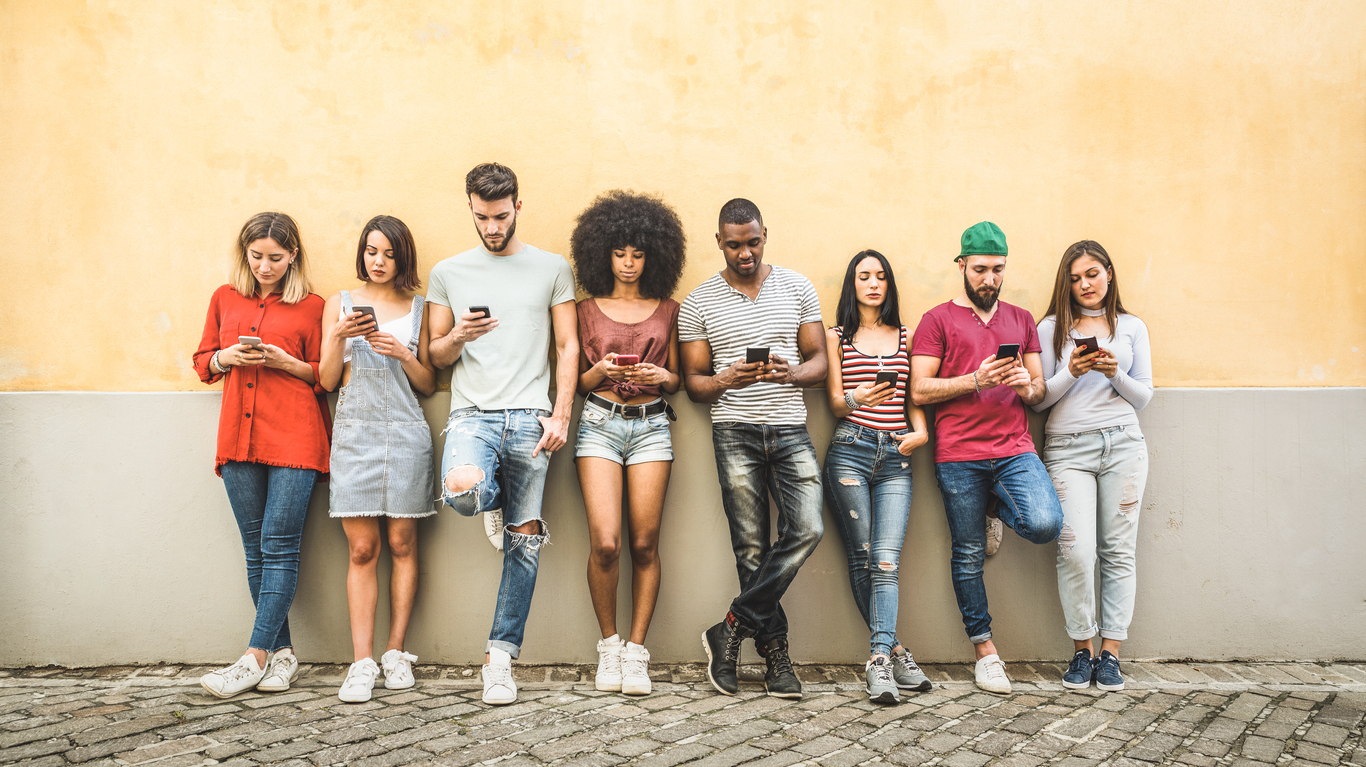My fellow millennials:
Like many of you, I like a good Sunday brunch and avocado toast, I can’t live without Netflix and Amazon Prime, and I scroll through Yelp and Eater much too often in search of that perfect new restaurant. Like many of you, I am a millennial. And yes, my last name is really Bae.
I’m also a doctor and I’ve witnessed multiple epidemics. In 2006, I was in Southern Africa when HIV/AIDS was ravaging the continent; in 2014, I was in Liberia during the Ebola epidemic

1. We millennials are NOT immune to dying from COVID-19. You’ve probably heard that COVID-19 is much more deadly for the elderly than for millennials. That’s absolutely true. Those who are older than 80 have a >10% chance of dying if they were to get COVID-19. That number goes way below to 0.1-0.2%, or approximately 1 in 700, for folks in their 20s and 30s.
I know many of you may be thinking, “That’s such a low chance, so why should I care?”
Although a 1 in 700 chance may seem small, compare that tothe chances of dying from base jumping, one of THE most dangerous sportactivities in the world. It has a 1 in 2,300 chance of dying – which is threetimes less than from COVID-19.
A six-car Caltrain holds about 750 passengers when full. If someone told you, “One person on that train will be chosen to die at random,” would you ride that train?
Here’s more data: nearly 40 percent of people hospitalized with COVID-19 in the U.S. are between the ages of 20-54.
2. There are likely millions — if not tens of millions — of people infected in this country today. I recently talked about how the current number of confirmed cases in the U.S. drastically underestimates how many actual infections are out there. Not only does there continue to be delays in testing and reporting across the country, but a very small fraction of people with symptoms have been tested nationally because of the shortage of testing supplies.
3. This pandemic will be over sooner if we all do our part. According to an article in The New York Times, experts predict more than 200,000 Americans may die from COVID-19 within a year. Most will be elderly, which means many of our children will grow up without their Nanas and Dadas.
We know that young people contribute significantly to this ongoing spread of this pandemic. We are the most common transmitters of the disease, and many are infectious without experiencing any symptoms.
The longer we wait to be serious about this epidemic, the longerit will be before we can get back to normal life. In the meantime, more peoplewill have died, more businesses will have closed, more employees will be out ofa job, and more damage will be done to our economy. Our very own economicfuture will be uncertain.
I come home from work every day and go straight to a roomwhere I lock myself up. I haven’t hugged my child or wife in days for fear oftransmitting the disease. I go to work knowing there is a significant chance ofcatching COVID-19 and there’s a real chance of dying from it. Despite it all, Igo to work willingly because I didn’t go through all this training to simply siton the sidelines while people are dying.
My fellow millennials, you can help by simply staying home. Practice social distancing. Talk to your parents about the importance of staying home. Talk to your friends who don’t care about why they should.
And remember that this pandemic, like all other pandemics that have come and gone, will end. That day will be here sooner — and with fewer deaths of our loved ones — if we take this pandemic seriously and practice social distancing now.
Thank you,
Dr. Bae
Dr. Jason Bae is as an urgent care physician affiliated with Palo Alto Medical Foundation (PAMF) and Sutter Health’s not-for-profit integrated network of care in Northern California.





